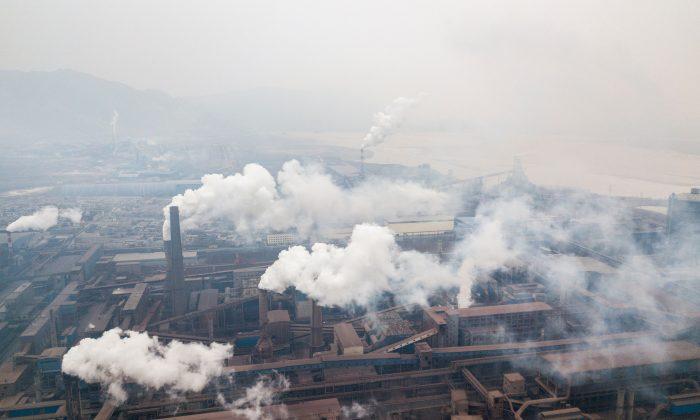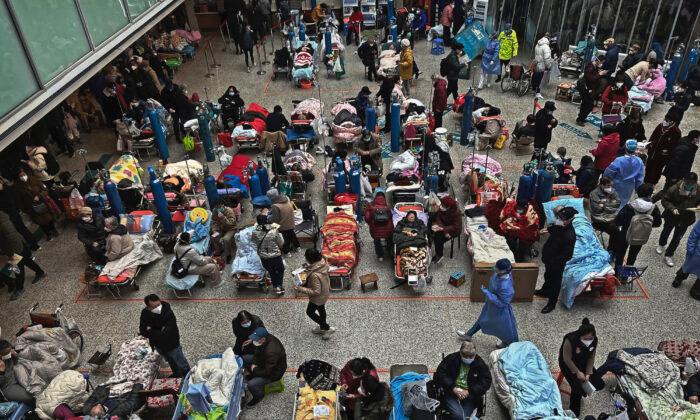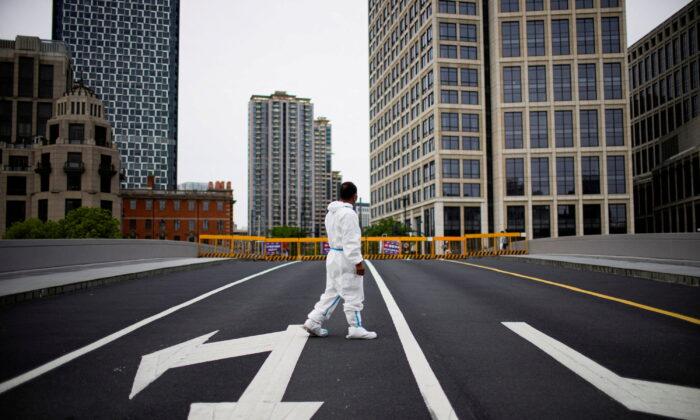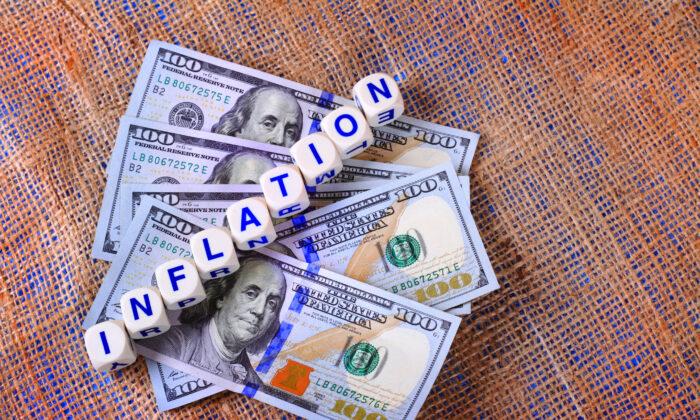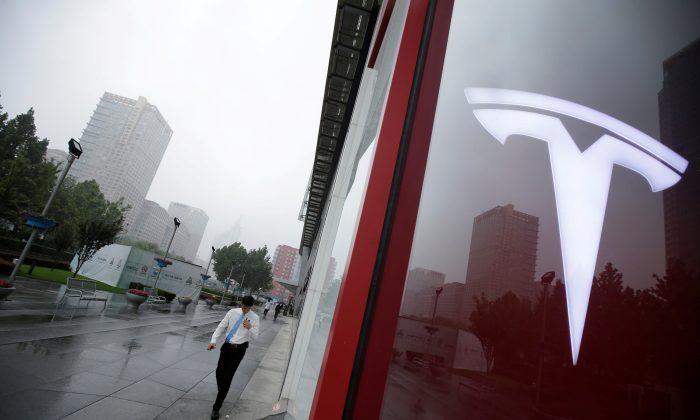The Chinese Communist Party (CCP) will gain in four fronts through the Paris agreement, Sen Nieh, professor and former chairman of Mechanical Engineering at the Catholic University of America, told the Hong Kong edition of The Epoch Times.
According to the Paris agreement, developed countries will provide developing countries with about $100 billion in aid each year to help them develop and improve their energy structure and technology development and transfer before 2025. China pledged to increase its carbon emissions and reach a peak in 2030.
Nieh believes that for the CCP, signing the Paris agreement is like “killing four birds with one stone.” The agreement enables the CCP to obtain financial assistance; to increase its carbon emissions for as long as ten years; to establish an environmentally friendly image of a “leading country” in the world; and to defeat the United States.
He believes the CCP is able to achieve the four goals because the climate agreement was built upon the different responsibilities of developed countries and developing countries.
Through the United Nations Framework Convention on Climate Change (UNFCCC), the CCP managed to take a leading position in the Group of 77 and China became a key player in the negotiations with the developed countries, according to a report by Gang Chen, assistant director and senior research fellow of the East Asian Institute at the National University of Singapore.
The UNFCCC acknowledged the cooperation on the basis of “common but differentiated responsibilities” of participating countries. The UNFCCC noted “that the largest share of historical and current global emissions of greenhouse gases has originated in developed countries, that per capita emissions in developing countries are still relatively low and that the share of global emissions originating in developing countries will grow to meet their social and development needs.” Under this framework, the CCP has enjoyed many benefits in the climate agreement as a “developing country.”
Nieh said that actions must be taken immediately to correct the previous mistakes and tackle the climate problem. “The CCP will hit the carbon emission peak in 2030 before reducing emissions. This logic is like a claim made by a thief: ‘After I have continued to steal for another ten years, I will reduce the stealing year by year until 2060.'”
He also indicated that the agreement is not equivalent to problem-solving. “In fact, the CCP’s promise is worth nothing.”
“Environmental protection and climate governance are issues in different fields. Although they are related, they are not the same, at least the terms are different. Carbon reduction does not completely represent environmental protection,” Nieh explained.
The CCP promised to reach “carbon neutrality” by 2060, which seems to contribute to environmental protection. This conceptual confusion allows the CCP, the political party that turned China into the world’s most polluting place, to gain global recognition for “environmental protection,” Nieh said.

The CCP Pollutes the World but Earns the Praise
In September 2020, Chinese leader Xi Jinping announced at the Climate Ambition Summit via video link, “China will scale up its nationally determined contributions and strive to peak carbon dioxide emissions by 2030 and achieve carbon neutrality by 2060.” The CCP has been actively participating in global “climate” talks, whether it was signing the Kyoto Protocol in 1997 or the Paris Agreement in 2015. Beijing’s mouthpiece People’s Daily touted: “China has made historic contributions to the Paris Agreement, demonstrating its responsibility as a great power.”The CCP’s commitment to the climate issue is supported by the international community, according to Chinese state-run media. Erik Solheim, executive director of the United Nations Environment Program, said in 2018, “China is taking the global lead in environmental protection and setting a very positive example for the rest of the world,” China Daily reported. Former U.S. Vice President Al Gore hailed China’s leadership in tackling climate change, saying that China is “one of the few countries on track to meet its Paris commitment,” Xinhua reported in 2018.
In fact, the CCP’s carbon dioxide emissions have grown rapidly in the past two decades, and it has become the world’s largest carbon dioxide emitter, with nearly one-third of the world’s carbon dioxide emissions.
“The CCP talks well but lacks real action. On the contrary, although the United States withdrew from the Paris Agreement in 2017, it has done a very good job in reducing carbon emissions,” Nieh said.
In 2017, former President Donald Trump first announced his intention to withdraw from the Paris Climate Accord. He said the agreement “disadvantages the United States to the exclusive benefit of other countries” and that it was too lenient toward communist China and its greenhouse gas emissions. The Trump administration officially announced its withdrawal from the agreement in 2019.
